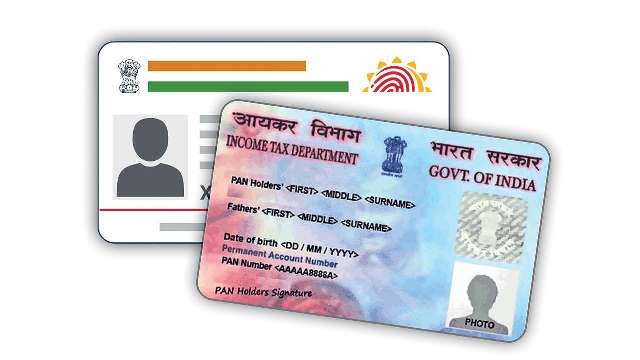New Delhi: The Income Tax Department has slapped notices on some startups seeking information on creditworthiness of their investors as it looked to verify if the amount invested was commensurate with the income declared by the investors.
The tax department replying to a social media post of BharatPe co-founder and former MD Ashneer Grover, said under the law, the onus was on the assessee-company to provide the identity and creditworthiness of the investors as well as the genuineness of the transaction.
“In the last one month, a number of startups (a few in my portfolio as well) have received Income Tax notices asking to furnish information about shareholders,” Grover had said on a post on X, formerly Twitter, on September 8.
“Bahut interesting hai (it is very interesting) – they are asking start-up companies to furnish a 3 year ITR [income tax return] of all shareholders.”
He went on to ask how and why the startup would have ITR of shareholders. “Why would a shareholder/individual share their ITR with a private company?”
He went on to state that the reason given is to ‘to establish creditworthiness of shareholders’. “Why,” he asked. Company shareholders aren’t given loans and instead are putting equity in the firm, he added, asking the Union Ministry of Finance to look into this.
Replying to him, the Income Tax Department in a post on X said, “Section 68 of Income-tax Act, 1961 (the Act) under which the Assessing Officer (AO) has made the enquiry about creditworthiness of the shareholder/investor, places initial onus on the assessee-company to prove the following: a) Identity of the investor, b) Creditworthiness of the investor and c) Genuineness of the transaction.”
It went on to state that the “Finance Act, 2012 mandated that the nature and source of any sum credited as share capital, share premium etc., in the books of a closely-held company (excluding Venture Capital Fund or a Venture Capital Company registered with SEBI) shall be treated as explained u/s 68 only if the source of funds from a resident shareholder is also explained by investor.”
On the cases raised by Grover, it said: “In the present case, it appears that the AO has sought to examine the genuineness of the transaction and source of investment by the shareholder-investor, to verify if the amount invested is commensurate with the income shown in the ITRs of the investors.”







